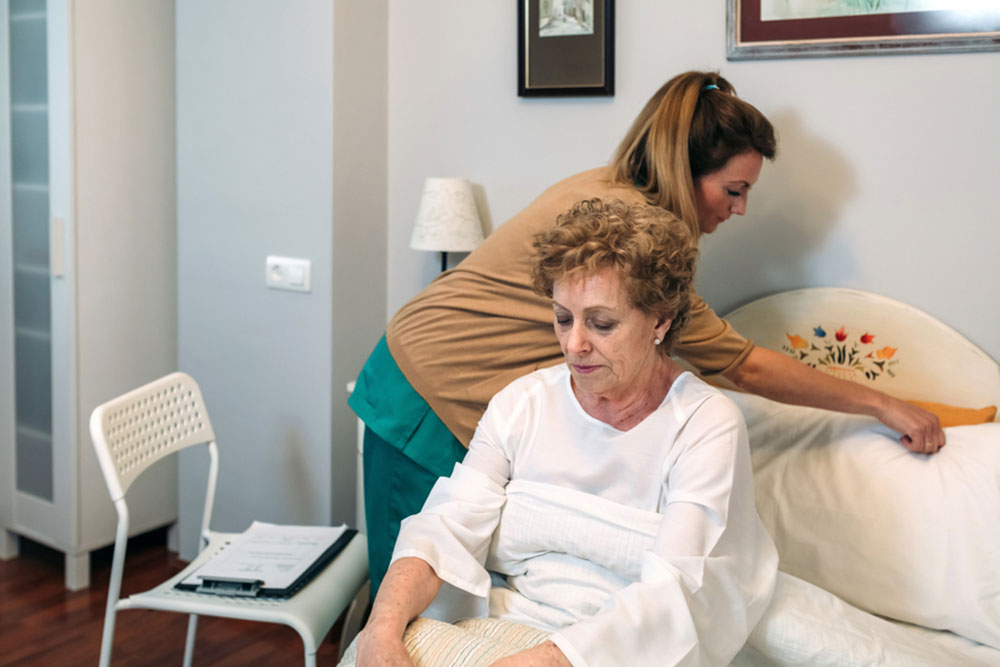Top Strategies to Enhance Your Role as a Cancer Caregiver
This article offers valuable tips for caregivers supporting cancer patients. It emphasizes emotional support, task management, problem-solving, and effective communication to enhance caregiving skills. The guidance aims to improve patient well-being during challenging treatment phases, whether you’re a family member, friend, or professional caregiver.

Top Strategies to Enhance Your Role as a Cancer Caregiver
Detecting cancer early is crucial for effective treatment. Once it advances, therapies aim to alleviate symptoms and slow disease progression. The journey through treatment involves significant physical and emotional changes for patients, making it a challenging time for families. As the disease progresses, patient independence diminishes, requiring continuous support. Caregivers—whether family, friends, or professionals—play an essential role in helping patients maintain quality of life during this difficult phase.
Caregivers provide emotional comfort, manage daily tasks, and coordinate medical needs. They might be loved ones or hired professionals dedicated to supporting the patient.
Here are some key tips to become a more effective cancer caregiver:
Offer Emotional Support: While treatment reduces symptoms, patients often face emotional stress. Providing reassurance and helping them feel in control can significantly improve their well-being.
Organize Responsibilities: Caregiving involves tasks like medication management, side effect monitoring, reporting issues, and updating loved ones. To stay on top, create a daily checklist to ensure nothing is overlooked.
Develop Problem-Solving Skills: Challenges will arise; being proactive and prepared for emergencies is vital. Recognize patient issues early and seek advice when needed from experienced caregivers.
Foster Clear Communication: Maintain open dialogue with the patient, ensuring they feel involved in care decisions. Effective communication helps reduce anxiety and promotes trust.
Note:
Our blog provides a variety of insightful and practical information across multiple categories. While data from our research aims to inform, it shouldn’t substitute professional advice. The site isn’t responsible for discrepancies or inaccuracies elsewhere, and some benefits or schemes discussed may vary or be unavailable in different regions.










